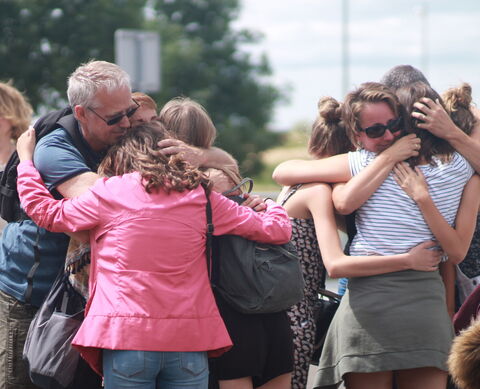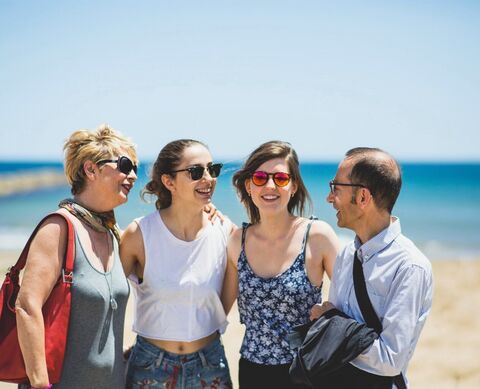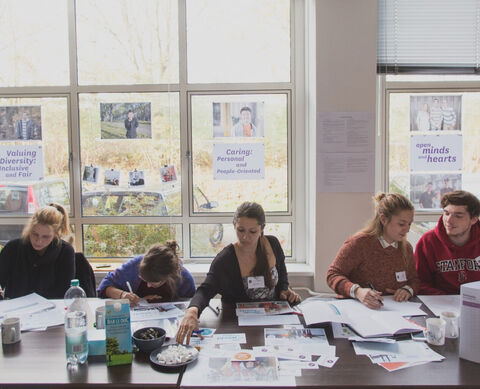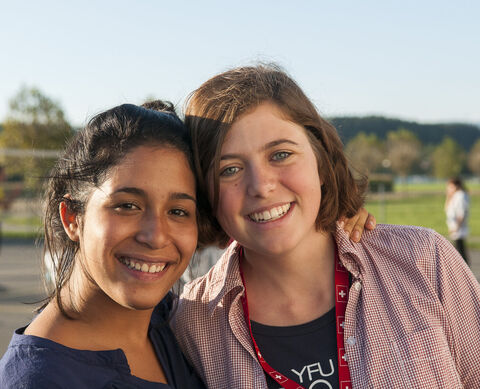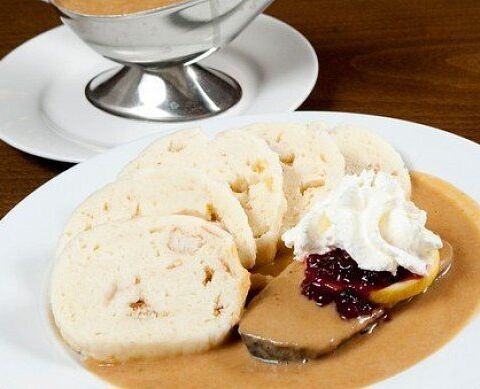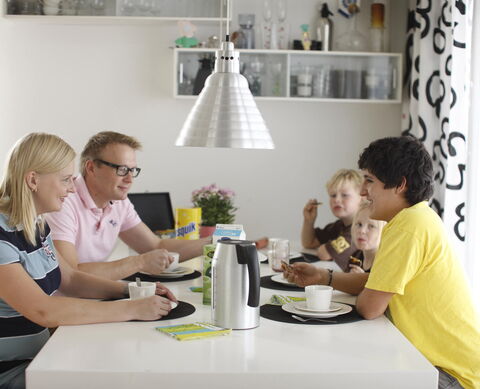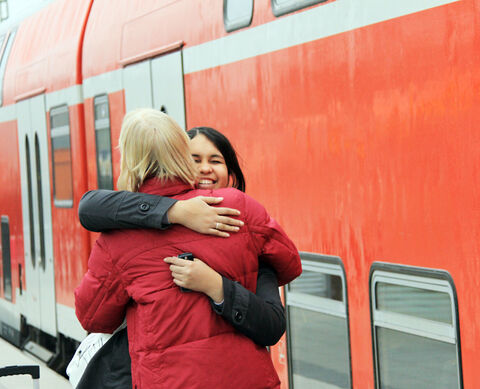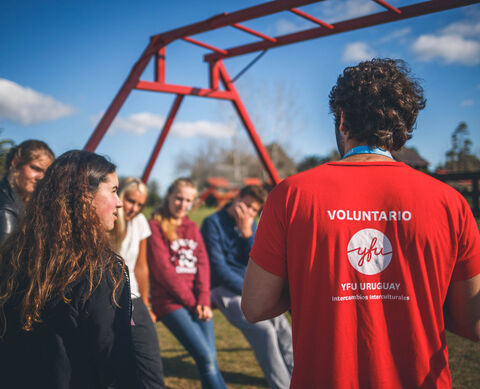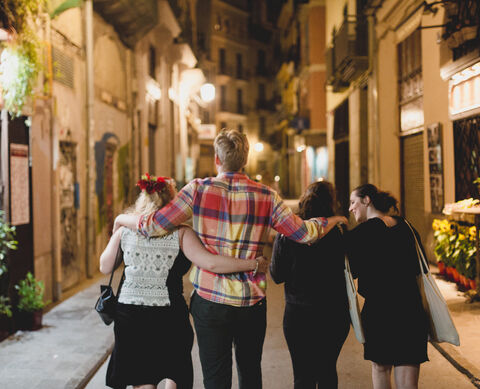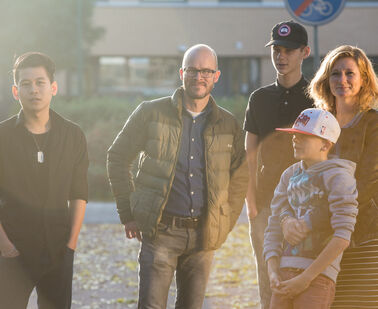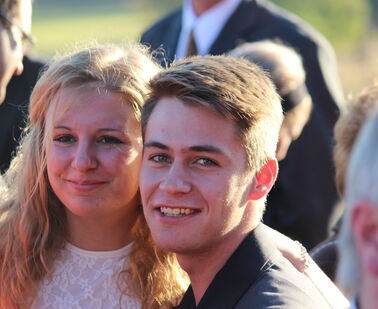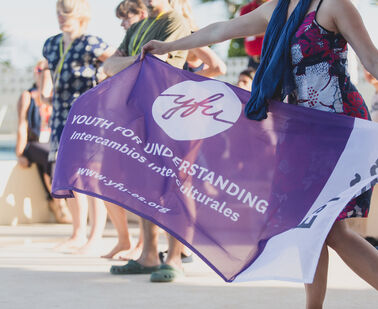While Prague is the largest city in the country, it is more likely that you will be placed in a family elsewhere in the country. Your host family will welcome you as another member of the family, so you will get the unique opportunity to experience Czech culture up-close. Host families come in all shapes and sizes, so you may have many siblings, older or younger, or no siblings at all! You should be prepared to fully become a part of the family, including following their rules, helping around the house, and sharing big moments of your life with them.

